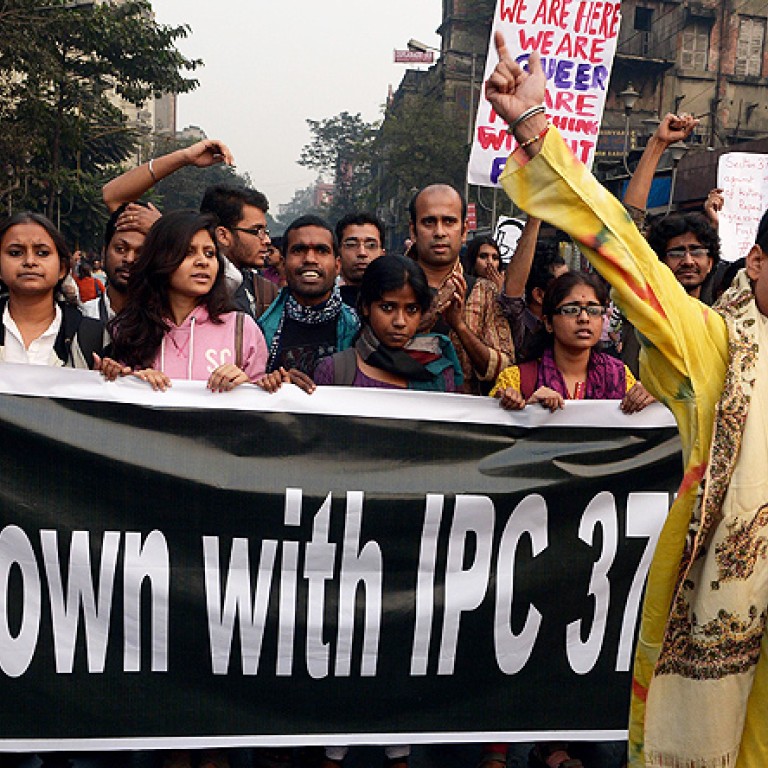
India government seeks to reverse gay ban ruling
India’s government asks Supreme Court to review ruling upholding colonial-era law criminalising gay sex
India’s government on Friday filed a petition in the Supreme Court asking it to review a ruling that upheld the constitutionality of a colonial-era law criminalising gay sex.
The government asked in its plea for the top court to reconsider its judgment, handed down earlier in the month, saying it believed the ruling was “violative of the principle of equality”.
The Congress-led government told the court in its so-called “review petition” that it wanted an “open hearing on the matter”.
Gay sex had been effectively legalised in 2009 when the Delhi High Court ruled that a section of the penal code prohibiting “carnal intercourse against the order of nature” was an infringement of fundamental rights.
But in a shock judgment on December 11, a panel of two Supreme Court judges ruled that the High Court had overstepped its authority and that a law passed in 1860 during British colonial rule was still valid.
“The position of the central government on this issue has been that the Delhi High Court verdict ... is correct,” the government said in its petition on Friday.
The Delhi High Court had said Section 377 of the Indian Penal Code, which bans “unnatural offences”, did not apply to sexual relations between consenting adults as it would violate constitutional guarantees of dignity, equality and freedom from discrimination.
Section 377 stipulates a punishment of up to life imprisonment for breaking the law.
The 2009 High Court ruling was strongly opposed by religious groups, particularly leaders of India’s Muslim and Christian communities, who appealed to the Supreme Court.
Following the Supreme Court decision, which triggered wide shock and protests, Law Minister Kapil Sibal had pledged the government would take “firm and quick action” to alter what he called an anachronistic law.
The Supreme Court will now consider the merits of the government’s request and decide whether to re-examine the judgment.
